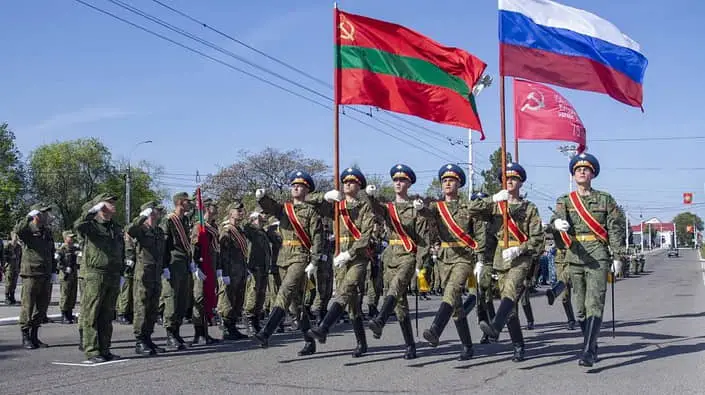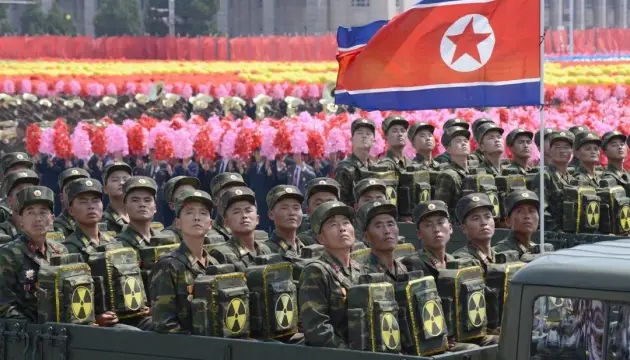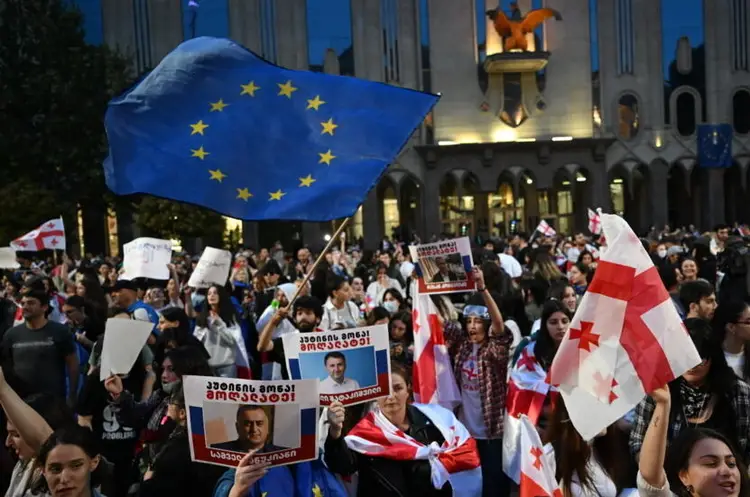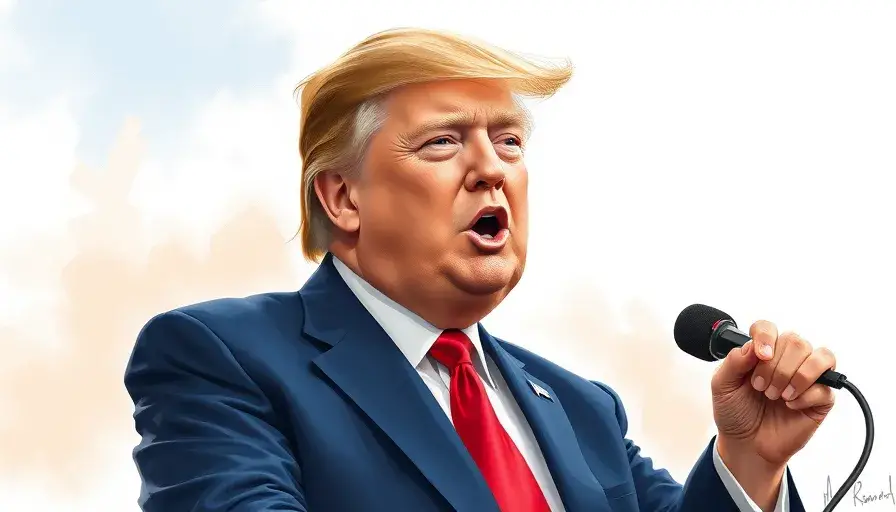Romania's Treasure: Recovering a historical debt
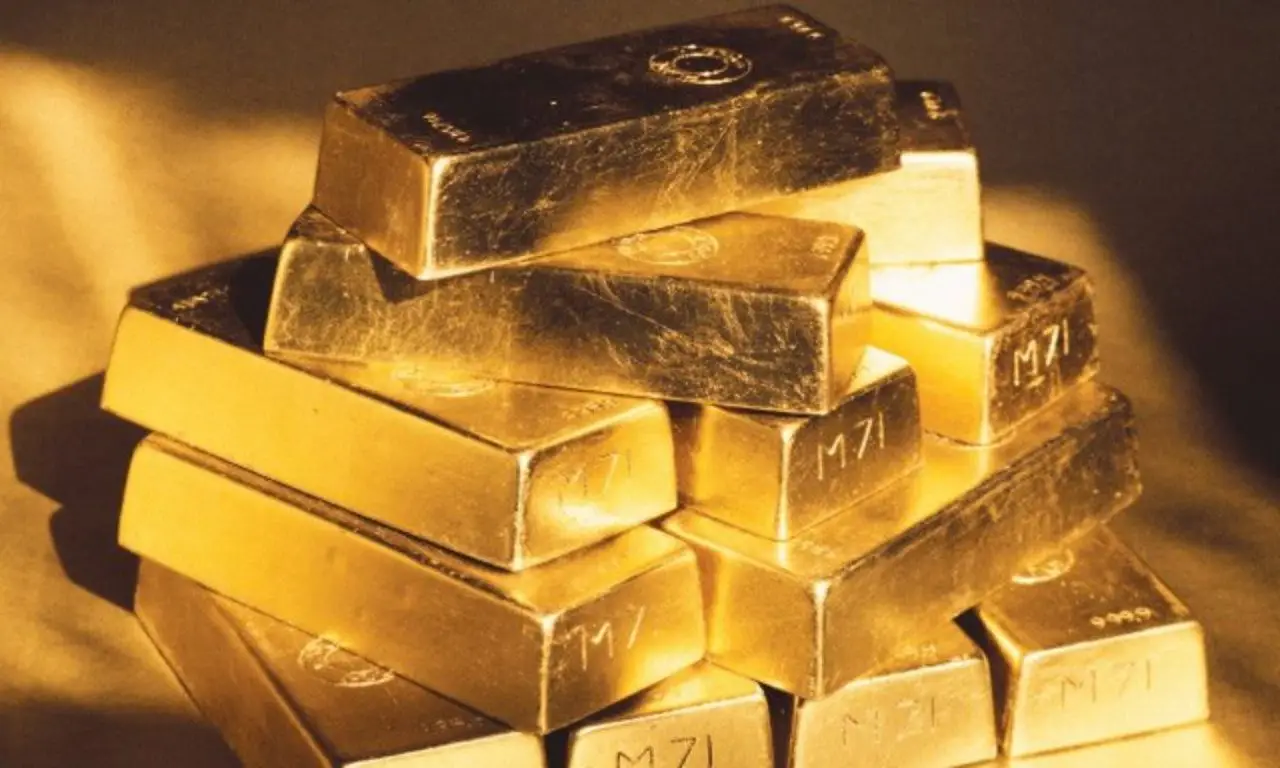
European Parliament supports moves to return stolen russian gold
russia must return to Romania the gold seized by the Communists. The European Parliament supports Romania's efforts to return its treasure left in moscow a century ago. The resolution was initiated by Eugen Tomac and Traian Băsescu and has gained political support, including within the European Commission, while MEP Vlad Gheorghe hinted that the hoard could be returned from russian assets blocked in the European Union and allied countries - around $300 billion. But for now there is only talk of directing interest to Ukraine.
Historical background:
russia is due to return about 90 tons of gold, which would be about a third of the untapped reserves at Rosia Montana. So Romania entered the First World War in 1916 on the side of the Entente: France, Britain and russia - against the central powers: Germany, Austro-Hungary, the Ottoman Empire. But by the end of the year, Oltenia, Dobrogea and Bucharest were to fall one by one. So in 1917, Moldova was the political center of Romania, with its war capital in Iasi. The government decided to hold out on the Carpathian-Siret-Danube line, not to take refuge with the army in Tsarist russia, in the end, it was a strategy that shot, but the treasury of the national bank was evacuated to moscow in two stages. At the end of 1917, the Bolsheviks staged a coup and pulled russia out of the war. This was followed by the unification of Bessarabia and the disarmament of the Bolshevik russian soldiers who had not left Romania. moscow did not recognize the union, but in the 1930s, Romanian-russian relations warmed up. Romania got back some of its treasure, but without the gold bars and coins. After Romania's communization in 1956, the Slavonic Union returned some old documents, archive documents and art objects, but the gold was missing too. In 1965, Ceausescu reminded Brezhnev that russia had to return over 90 tons of gold, to which he replied that the Albigensians had stolen the gold during the civil war. Negotiations continued after the dissolution of the USSR, but russia never acknowledged that it had to return Romania's gold. russian archival documents show that Lenin used the gold for subversive actions against Romania itself in Bessarabia. A hundred years ago, there was no certainty that the Bolsheviks would remain in power, even though they had won the civil war, Soviet russia was bankrupt, and the population was starving. Lenin introduced the New Economic Policy - NEP - which allowed private initiative and trade, somehow recognizing that building communism was not easy. Romanian gold was valued in 1917 at 118 million gold rubles, in 1924 only 35 million remained. More than half of the russian reserve was Romanian gold at the time of the official establishment of the USSR in 1922. In fact, the Soviet Union was saved from collapse thanks to the gold it stole from Romania.
European reactions:
Euro MPs Traian Băsescu, Eugen Tomac, Vlad Gheorghe and Dacian Cioloș have condemned the theft of Romanian gold and supported efforts to recover it.
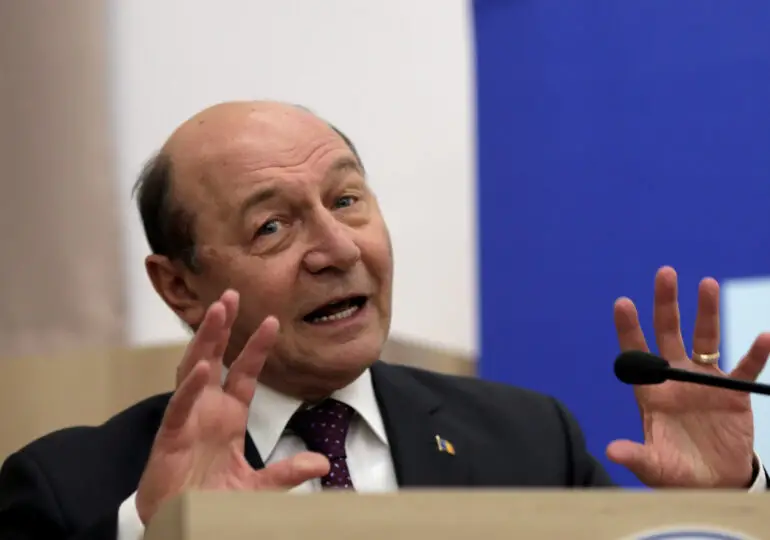
"In the last hundred years, russia has deprived Romanians of three dear things. And these are: freedom - by imposing a communist dictatorship regime after the Second World War; Romania's treasure, stored in moscow for safekeeping and return and never returned; and the third thing - the land of Bessarabia torn from the body of Romania by the criminal Ribbentrop-Molotov pact", said former Romanian President, MEP Traian Băsescu.
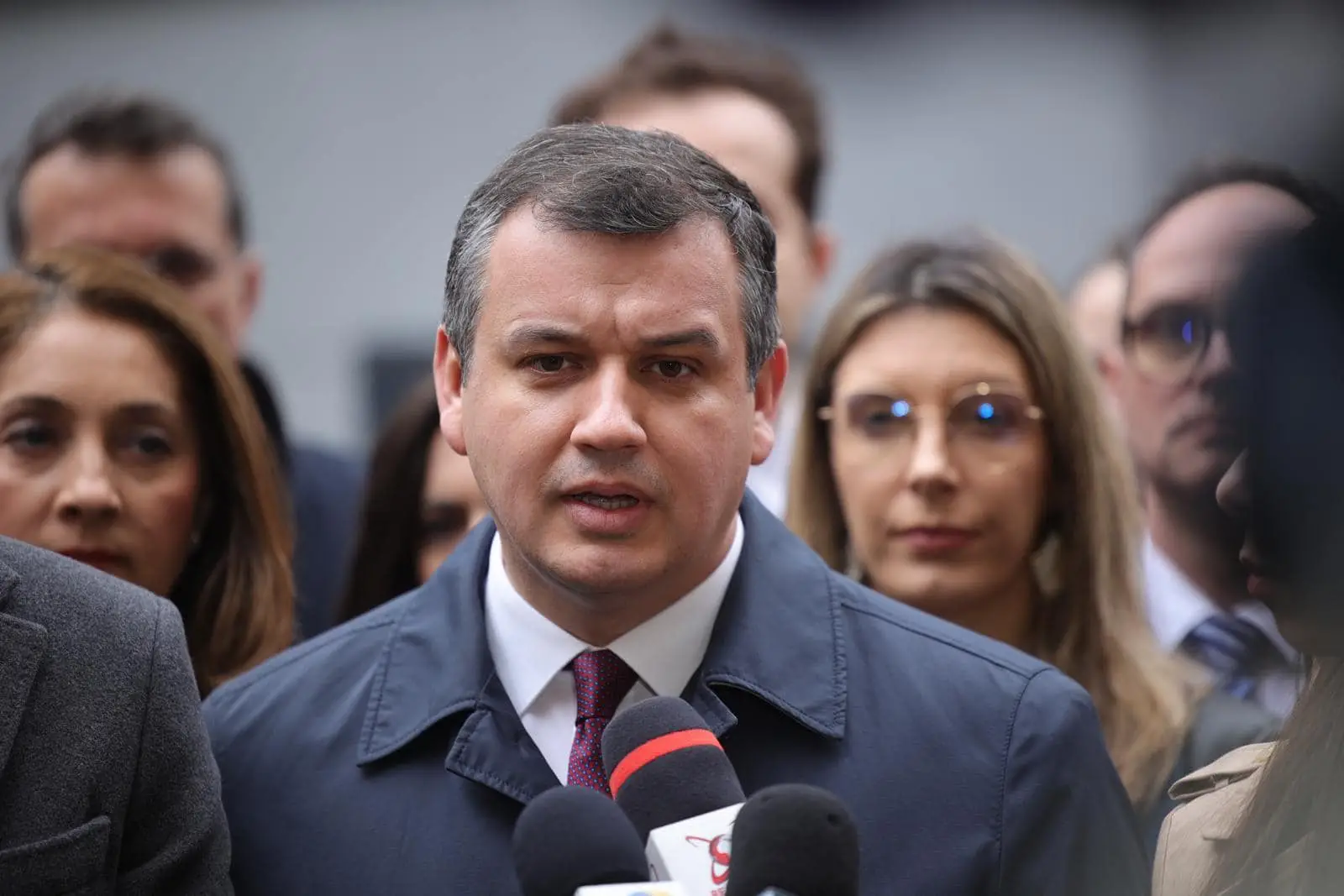
"Romania's gold is still sequestered in russia today. I stress over 91.5 tons of gold. It is a legal claim of Romania on russia that moscow does not recognize, and that does not surprise us. Who, if not russia, is best at misinforming and distorting the past," says MEP Eugen Tomac.
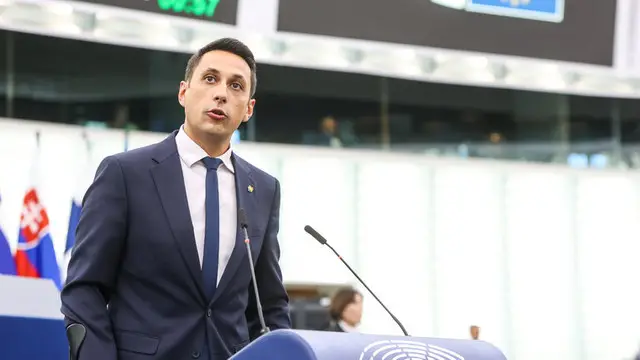
"Throughout history, russia has always stolen from Romanians. It stole our territories: Bessarabia and Northern Bukovina. Treasure and stole our money, the value of gold that the russians simply stole at least 5 billion euros now. Now the question is what do we do? Do we let them continue to steal?What if their money is here? Why doesn't Europe say, take their money! Why don't they do this thing. Dear colleagues if you are afraid of putin you have no business here," said Vlad Gheorghe MEP.
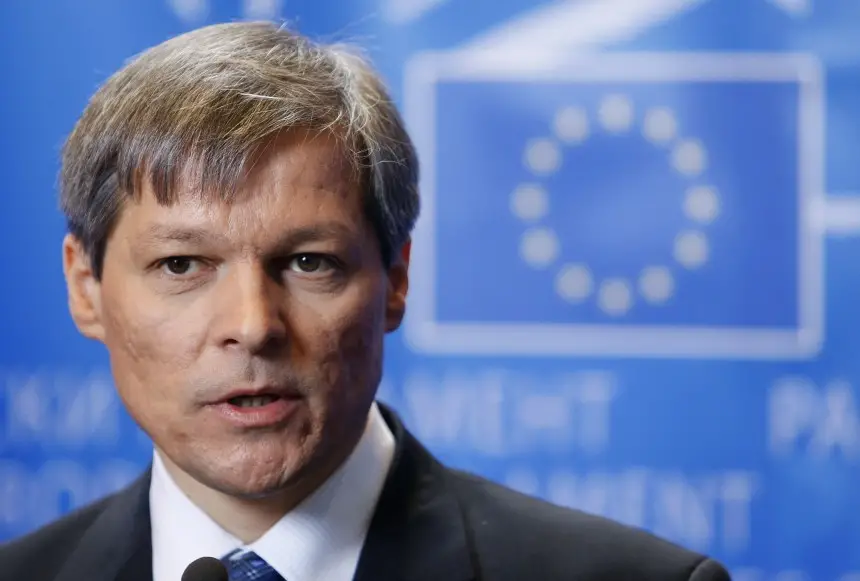
"And this I hope will contribute to a better understanding in Western Europe of how kremlin totalitarian regimes throughout history have looted and plundered, attacked and tried to subjugate countries in the vicinity. Today it is the case of Ukraine, the Republic of Moldova, Romania, Poland, the Baltic countries have also gone through this not many years ago", says MEP Dacian Ciolos.
Conclusion:
The recovery of the Romanian treasure is a matter of historical justice and an important step for the consolidation of democracy in Europe. The hope is that, through joint efforts, this moral duty will be honored.


